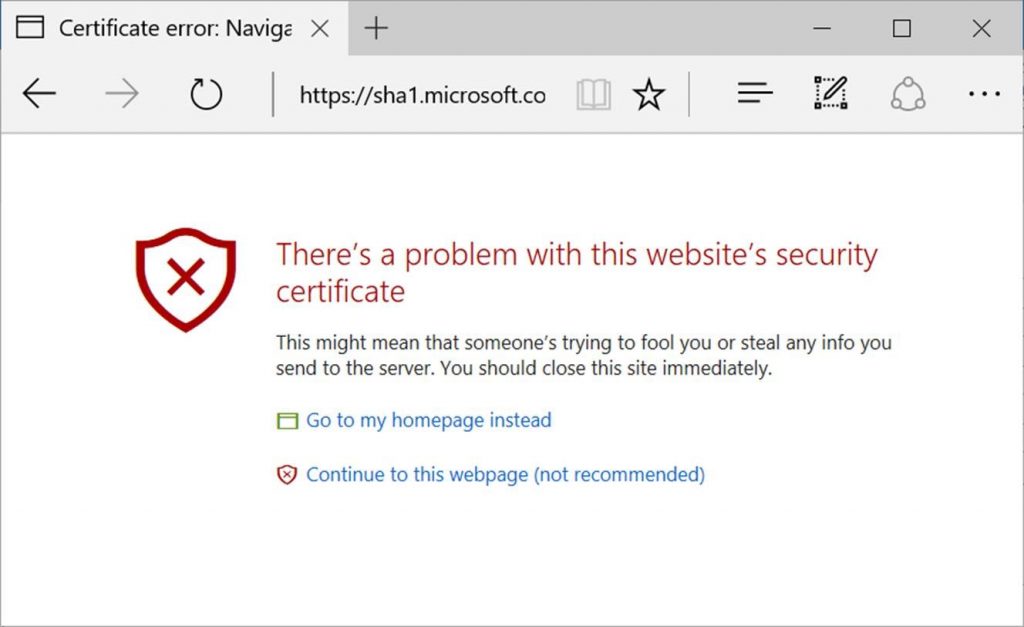Starting in 2009, Microsoft’s Enhanced Mitigation Experience Toolkit (EMET) provided Windows users with an additional layer of security. It was designed to block specific, known types of vulnerabilities. EMET proved particularly useful for people running older versions of Windows, especially XP.
I’ve been recommending EMET since it was first available, and it’s still a useful addition to any Windows system, but I’ve also been running into an increasing number of EMET-related problems, and finally stopped using it on my main Windows 8.1 computer recently.
Microsoft originally intended to stop supporting the Enhanced Mitigation Experience Toolkit (EMET) in January 2017, but based on customer feedback, EMET’s demise will now take place on July 31, 2018.
In the recent EMET end-of-life announcement, Microsoft admits to EMET’s failings, and points out that much of the protection provided by EMET is now built into Windows 10. Of course, that doesn’t help those of us who are avoiding Windows 10 because of privacy and control issues.
Update 2016Nov22: According to CERT (a division of the Software Engineering Institute at Carnegie Mellon University), Microsoft’s claims for Windows 10 are not entirely accurate. While it’s fair to say that Windows 10 includes the system-wide protections provided by EMET, it does not provide per-application settings. In other words, Windows 10 security can be improved by also running EMET. This makes the retirement of EMET by Microsoft seem rather premature.
 boot13
boot13